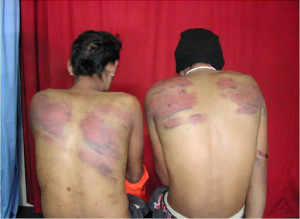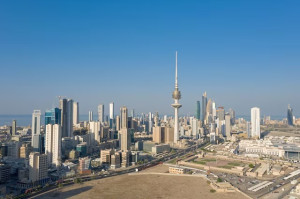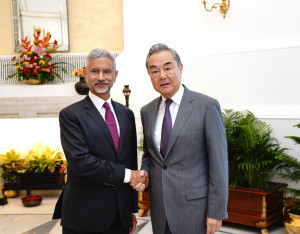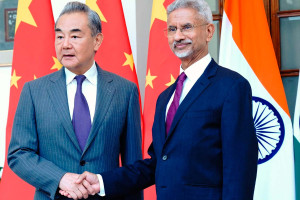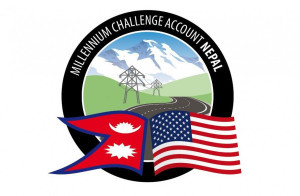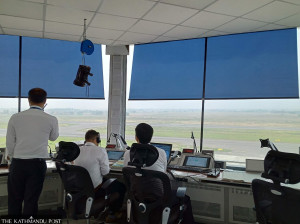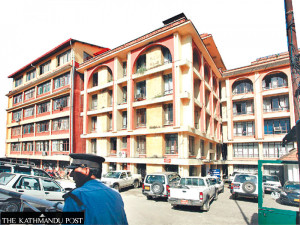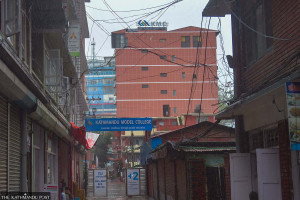National
Despite national support for Shrinkhala, Nepalis harass former winners
For the past several weeks, social media platforms have been flooded with posts about the Miss World pageant—almost all of them showing support for this year’s Miss Nepal Shrinkhala Khatiwada.
Abani Malla
For the past several weeks, social media platforms have been flooded with posts about the Miss World pageant—almost all of them showing support for this year’s Miss Nepal Shrinkhala Khatiwada.
Khatiwada didn’t win the title, but she managed to bring home the Miss Multimedia and Beauty with a purpose awards, and made it to the final 12. But when Niti Shah, the second Miss Nepal runner-up for 2017, wrote her a congratulatory message on Instagram, Shah received a series of harassing comments. Some of them asked her why she couldn’t do the same last year.
This wasn’t the first time that Shah had received such comments on social media. Nor is she alone.
When Nikita Chandak was crowned Miss World Nepal 2017, amid congratulations from her peers and family, her social media was flooded with harsh comments attacking her appearance, complexion and ethnicity. The same year, Rojina Shrestha, who was crowned Miss Earth Nepal, received dozens of messages about her body.
“Although I haven’t been bullied much compared to Nikita and Niti, I have been receiving criticism for my body since I was crowned,” Shrestha told the Post. “And it isn’t limited to online. People say it right in front of my face.”
Representing their country in front of thousands of people can’t be easy for many of these women. But instead of applauding them for their courage, or providing constructive criticism, thousands of Nepalis use the cloak of anonymity to harass and troll them.
There are a number of Facebook pages dedicated to doing just this. Popular humour pages with large audiences often indulge in cyber bullying and harassment. Friday Nepal, a page with over 253,000 followers, posted a picture of Khatiwada holding her award for Miss Multimedia alongside a doctored image of Chandak, Shah, and Miss World Nepal 2016 Asmi Shrestha, each asking in Nepali how Khatiwada had managed to pull it off.
Following backlash, the page took down the image and apologised. “We were merely joking, and we didn’t give the joke much thought, it turned out to be insensitive and hurtful,” the page administrators said. “They are our Miss Nepal who has made our country proud. I feel extremely guilty for this act. Sorry for any aggravation this might have caused to three of them.”
When the Post reached out to the page for comment on why they initially posted the image, the admin said that it was “something to make fun out of it”.
Every other page wants to make content out of anything they find trending. Yet, we were unable to see beyond the post and what it would trigger in people. We didn’t give it much big of a deal [sic] because we thought it was funny,” said the page admin. “But yeah, fun for some might not be the same for all people...I’d know that if I were to stand and walk in such person’s shoes.”
While Friday Nepal took responsibility for its actions, it is harder to get individuals, often using fake profiles, to apologise. While some show contrition and delete their comments after they are made public, others double down. This was especially apparent in 2017, after Shah’s comment about “urban” and “rural” women went viral. While many said her comment might not have been phrased in the best language, she was mercilessly trolled, followed by hundreds of memes.
“It was one day before the finals and I was traumatised,” said Shah. “As I recall it now, I can’t let go of that incident. Cyber bullying needs to be taken seriously. It really does hamper people’s state of mind and can lead to low self esteem and depression. I couldn’t sleep for so many days. It almost led me to give up everything that I had achieved so far.”
Miss Nepal, organised by The Hidden Treasure, is the biggest beauty pageant in the country. The Miss Nepal website says that the pageant’s objectives are “personality and leadership development and women empowerment.”
It hopes to “develop leadership qualities” in female youth and provide a platform for them to “discover their own hidden talent that come out with perseverance and varied trainings”.
“Beauty pageants are meant to be platforms for women empowerment, to make a woman feel confident about herself,” said Chandak. “But pitting one against another creates pressure and inferiority.”
Tackling such comments or posts online is not just challenging due to their immense number, but also because public figures are often told to ‘take criticism’ and tolerate the negativity.
“I report, delete, or ignore most of the posts but sometimes I reply back when I feel it’s necessary but then again they reply saying we are celebrities and we need to take criticism,” said Shah.
Such trolling and harassment can have long term effects on these young women aged between 19-25, many of whom are only stepping into the limelight for the first time. Many of the former Miss Nepals the Post spoke to appeared uncomfortable in the beginning, but most wanted to speak out and said they were glad that they were finally being heard. Some of them said they were still traumatised by events years ago.
“People feel like they have the right to give their opinion in any language they want to,” Chandak said. “We do appreciate and accept constructive feedback, but bullies need to understand that the person they are writing to is also a human being with emotions.”




 23.62°C Kathmandu
23.62°C Kathmandu









